Rajshahi, Sep 17 (V7N)- The living conditions in the six female student halls at Rajshahi University (RU) have reached alarming levels, with overcrowded rooms and inadequate facilities. In many rooms, the distance between beds is barely one to two feet, and up to 50 beds are crammed into rooms originally designed for fewer students. This issue highlights the dire housing situation faced by the university's 9,293 female students, especially when only 4,204 students are accommodated in halls, leaving the remaining 5,089 without housing benefits.
The latest University Grants Commission (UGC) report indicates that Rajshahi University has a total of 26,370 regular students, with a significant portion being women. These students face overcrowded and unsafe living conditions, particularly in common rooms designed for 150 but housing up to 250 students. For example, over 200 students are packed into four common rooms in Mannujan Hall, while Bangamata Sheikh Fazilatunnesa Mujib Hall's 80-seat common room has only four windows, making it unbearably hot.
Many students have raised concerns about their living conditions, describing them as unhealthy and unsafe. Jannatul Ferdous, a third-year student in Mannujan Hall, described the common room environment as "completely unhealthy," lacking adequate washrooms and cooking facilities, and suffering frequent electrical short circuits. Khaleda Zia Hall faces similar issues, where a second-year student reported that only eight bathrooms are available for over 200 students in four common rooms, two of which cannot be locked. Short circuits are common in the electrical lines, and students live in constant fear of a major accident.
Hall principals acknowledge the severe overcrowding. They attribute the situation to the high number of female students from poor families, who rely on the common rooms to continue their studies. Despite the challenges, students prefer these conditions over losing their opportunity for education. Principals have expressed the need for more rooms and resources to alleviate the crisis.
Ashiara Khatun, the principal of Mannujan Hall, assured that steps are being taken to address the students’ issues. "We are monitoring the problems, and we have already begun providing WiFi access. We are also working on other issues in coordination with the Vice-Chancellor," she said.
University Vice-Chancellor Professor Saleh Hasan Naqib stated that the administration is aware of the ongoing problems and is working on a long-term plan to solve them. He mentioned that the university is already constructing a new hall with 1,000 seats, which is expected to provide much-needed relief by accommodating more students. The Vice-Chancellor also emphasized efforts to increase the number of bathrooms and improve the WiFi facilities.
Despite these assurances, many students remain frustrated with the slow progress and the challenging living conditions, which continue to affect their academic experience. The situation calls for urgent attention and swift action to improve the quality of life for the students at Rajshahi University.
END/RA/AJ



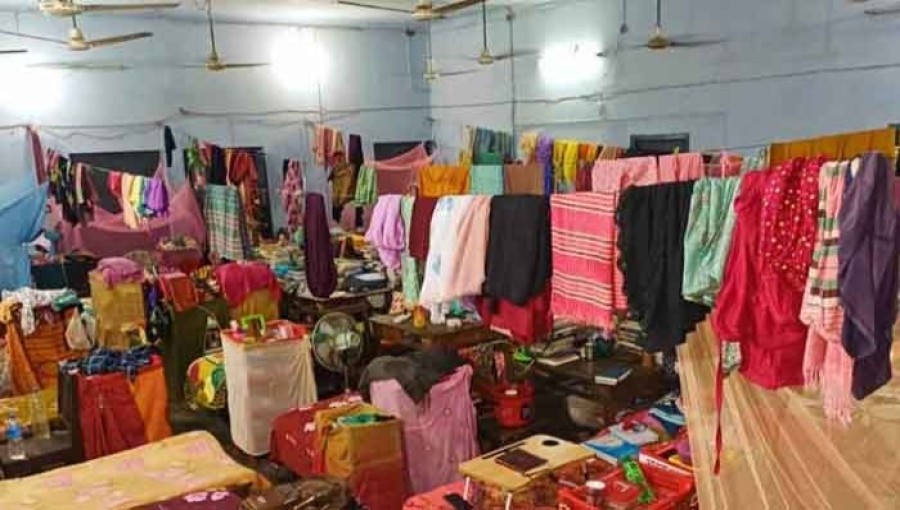
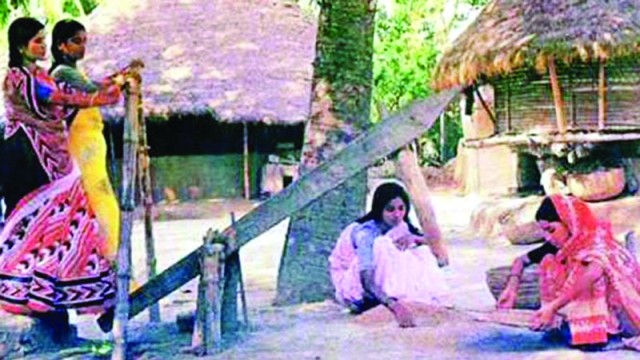

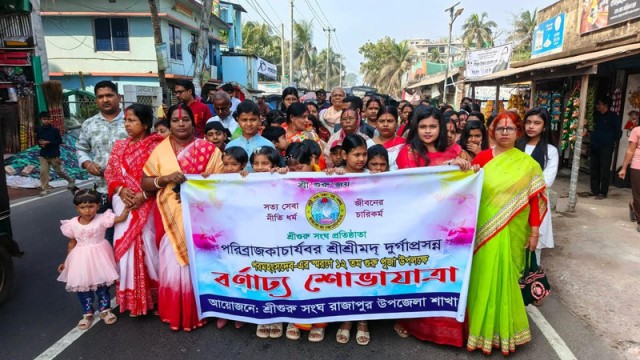
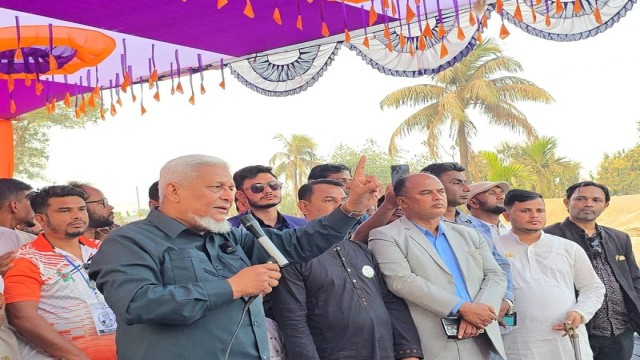


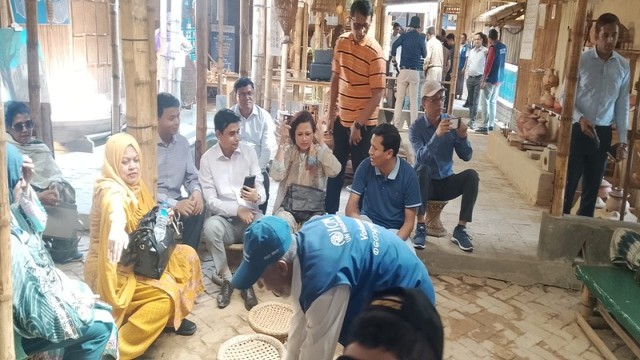



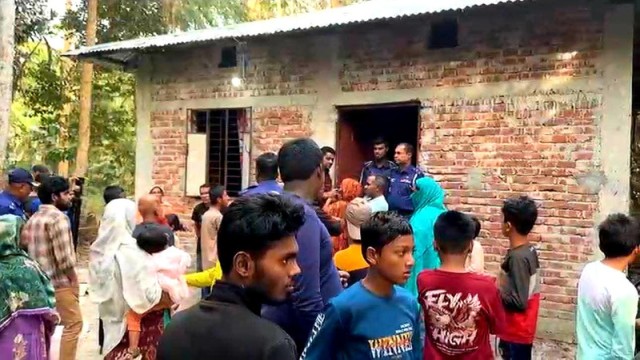





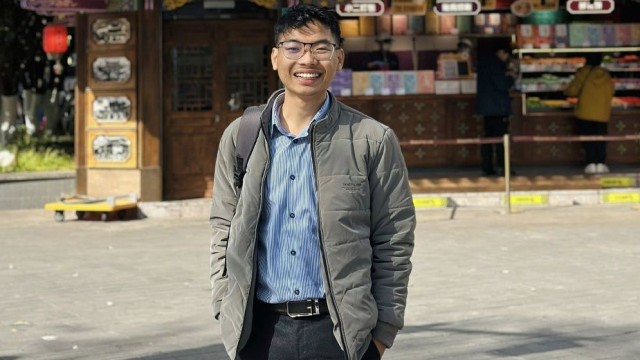


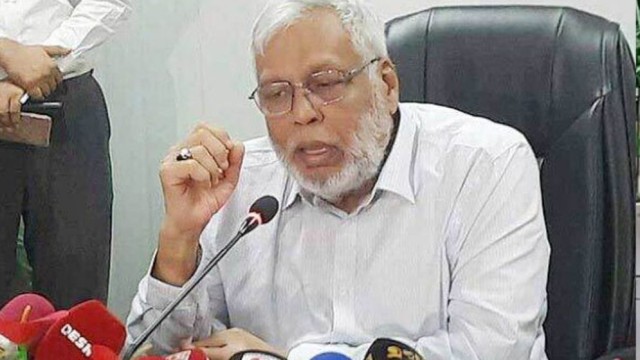



Comment: